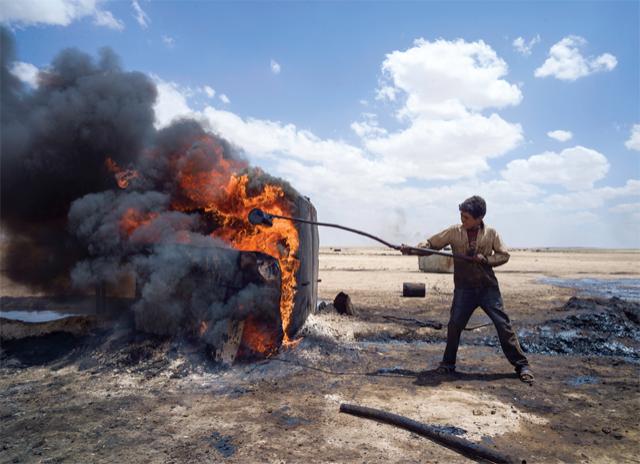
OIL INVESTMENT: -$1.99 TLN + $630 BLN

BOE wrote, after two tough years of falling oil prices and company valuations, investors in the world's biggest energy producers have some cause for hope as crude prices continue their recovery from a 12-year low. They will be looking to OPEC not to dash it.
Oil companies around the world have together added $630 billion to their market value this year, the biggest gain in six years following a 30 percent rise in benchmark Brent crude. This follows a $1.2 trillion loss in value last year and $790 billion in 2014 as crude prices plunged.
The oil slump has hammered oil producers around the world, from giants like Royal Dutch Shell Plc to exploration minnows. They have piled on debt, canceled billions of dollars of projects and slashed jobs to ride out the downturn. In September, the Organization of Petroleum Exporting Countries gave these companies hope by reversing a two-year policy of pumping at full throttle and agreeing instead to cut production. Yet, the group is struggling to overcome obstacles to implementing the deal.
"We all know what the oil companies are hoping for — a cut," said Brendan Warn, a managing director at BMO Capital Markets in London. "The companies have become leaner and meaner than they have ever been, but they would still be looking at OPEC closely. It's one of the most important OPEC meetings."
The Bloomberg World Oil & Gas Index of 58 companies was up 12 percent this year as of Friday, the largest gain since at least 2009 following two years of declines. Exxon Mobil Corp., Chevron Corp., Shell, Total SA and BP Plc have all increased this year. Energy companies were the second-best performers in the MSCI World Index after languishing at the bottom in 2015.
The year didn't start so well. Brent crude fell as low as $27.10 a barrel in January, the lowest since November 2003, as OPEC kept its taps open and production from Russia and the U.S. was increasing. Saudi Arabia, which had led OPEC's free-flowing oil policy, changed course in September amid increasing domestic financial pressure and the group decided to cut production for the first time in eight years.
Oil bosses could be forgiven for hoping OPEC members resolve their differences, since every dollar increase in crude raises BP's annual adjusted profit by about $300 million, according to the company's website.
CEOs from BP's Bob Dudley to Shell's Ben Van Beurden have reduced their operating costs by renegotiating contracts, making projects smaller and cutting laying off workers. Next year, they'll be able to balance their cash sources and spending at about $50 to $55 a barrel. Brent traded at about $48 Friday.
"It's one thing to hope and another to plan your business for the future," Warn said. Regardless of the outcome of the OPEC talks "the companies will be focusing on the things they can control, like efficiency and costs."
-----
Earlier:
ГЛОБАЛЬНОЕ ОБОСТРЕНИЕ КОНКУРЕНЦИИ





